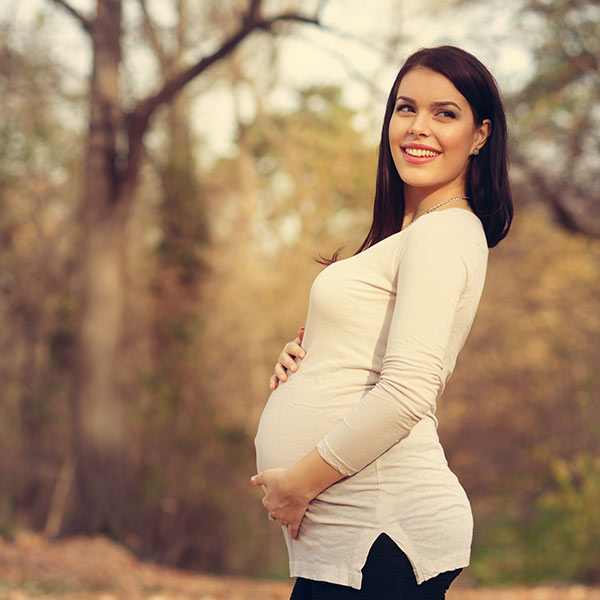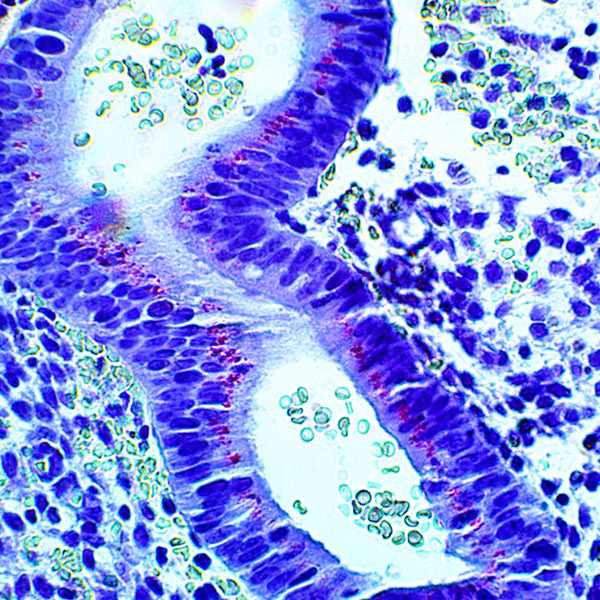


A 2016 study by Marci et al., showed that 43% of infertile women tested positive for HHV-6 with 0% of the fertile women testing positive for the virus. The authors of this PLOS study concluded that HHV-6 may reactivate due to hormonal changes which could make the uterine environment inhospitable for implantation and fetal development. Further clinical studies are needed to determine the role that HHV-6 plays in fertility.
Coppe Laboratories’ HHV-6 IHC testing has proven to be a highly sensitive and specific method for determining active HHV-6 in tissue biopsy samples.
Related Reading
Presence of HHV-6A in Endometrial Epithelial Cells from Women with Primary Unexplained Infertility
Marci et al
Study reporting 43% positivity for HHV-6A DNA in women with unexplained infertility
2016, PLoS ONE
Presence of HHV-6 in endometrium from women with recurrent implantation failure
Coulam et al
Study reporting the prevalence of HHV-6 in endometrial biopsies among women experiencing recurrent implantation failure (RIF) after IVF/ET compared with controls.
2018, Am J Reprod Immunol.
HHV-6A infection of endometrial epithelial cells affects immune profile and trophoblast invasion
Bortolotti et al
After first reporting human herpesvirus (HHV)-6A DNA presence in 43% of endometrial cells from women with idiopathic infertility, further investigation studied the effect of HHV-6A infection on the immunological status of the endometrium.
2019, Am J Reprod Immunol.
Human Herpesviruses 6A and 6B in Reproductive Diseases
Komaroff A, Rizzo R, Ecker J
HHV-6A infection may be trigger of primary unexplained infertility; Further research required
2021, Front. Immunol.
Test Menu
| Code | Test | Sample | Method |
|---|---|---|---|
| 20011 | Immunohistochemistry | ENDOMETRIAL Tissue in formalin | Staining with basic interpretation |